My Thoughts: The Advantages of Reading (and How to Read More)
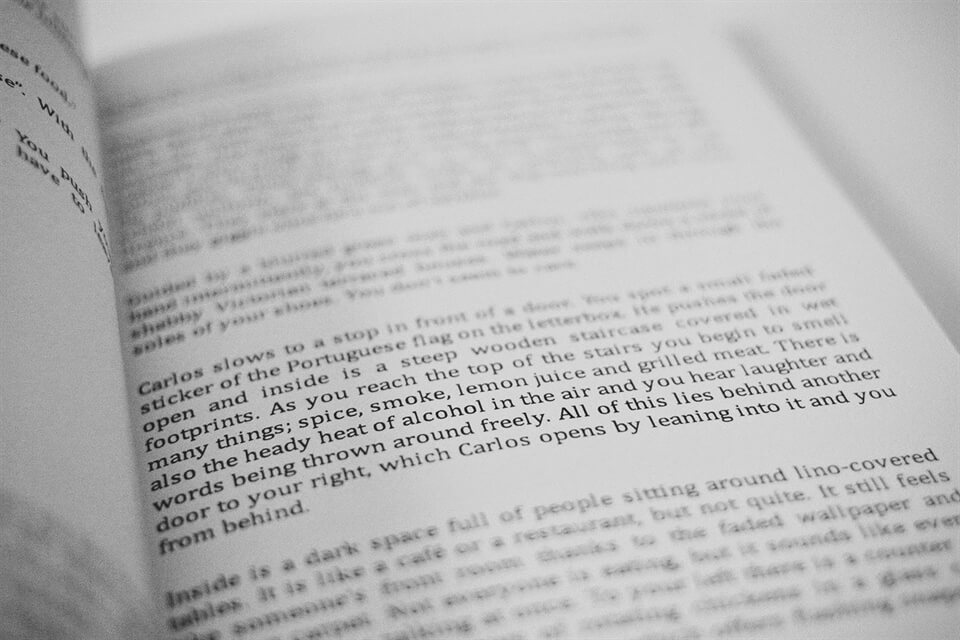 The Advantages of Reading More
The Advantages of Reading More
I am mid-way through a challenge I set myself on the 1st January this year. It is a challenge I honestly assumed I would fail at and it's a challenge I feared would eat into my schedule and keep me away from much more important activities like writing, working, blogging and pinning pretty photos of the places I want to travel to next.
I'd also heard that there are many secret, hidden and of course not so unknown advantages of reading, and I wanted to see if I could personally access and experience them. Furthermore, over the last few years I've read, heard and been reminded countless times that reading makes you a better writer. My favourite quote to summarise this special relationship is by Joanne Harris, author of Chocolat.
(Her nine other tips for writers are also brilliant.)
"Writing without reading is like cooking without eating. Do both. Understand both."
So, on 1st January 2014 I set myself the challenge of reading 52 Books in 365 Days. At the time it seemed like an impossible and, frankly. unattractive challenge. Reading a book a week, every week, for a year? That's quite a challenge, especially when I often fall into the trap of not reading a book for weeks at a time if I'm busy with a work project or setting myself a writing challenge like NaNoWriMo or #the100dayproject.
This in itself was a reason to set myself this reading challenge. I wanted to change my habits so that I read more. And if there's one thing I've learned from doing these writing challenges is that you need to give yourself a goal and a fixed period of time to complete it in in order to really set and cement a habit.
Also, I love reading. It's an activity I've treasured for more reasons than I can list and my love for it seems to not just grow in a linear direction but to compound - the more I do, the more I love doing it. There's nothing else in life even remotely similar to reading. It is always, but not only personal. It has no end, no limit and makes no demands on us other than the smallest of micro movements as our eyes flutter over a page or as our ear drums detect the sounds of words we know. Yes, I count audio books as "reading" too and so should you (see below!).
And yet, while this is something I love and it is an activity that will enhance my writing, reading all too often lies at the bottom of my To Do list, along with the hoovering and finishing a giant granny square blanket I started crocheting at the beginning of winter.
That's why I set myself a public challenge to hold myself accountable and force me to at least give it a go. 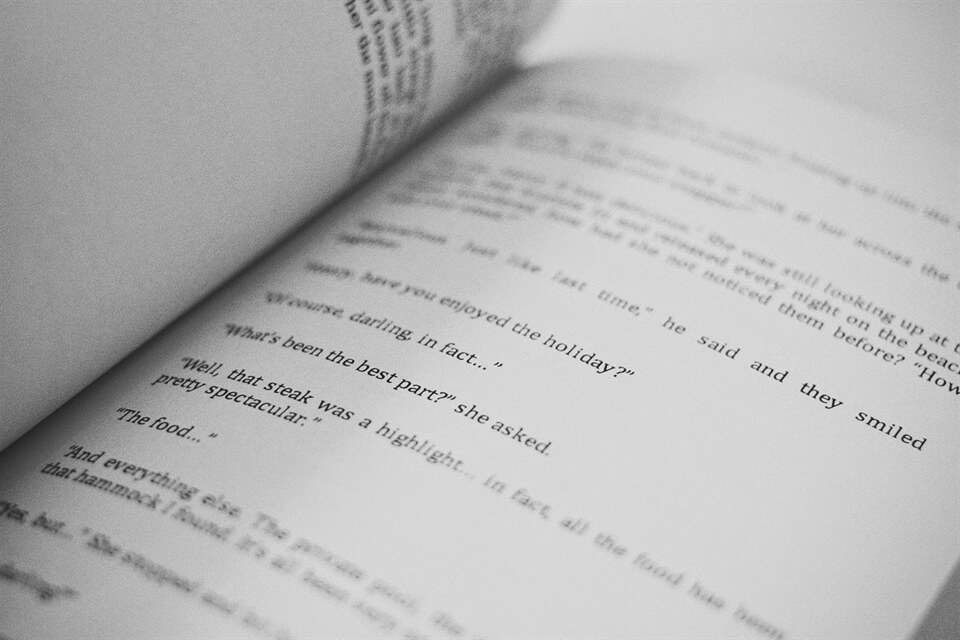
The Reasons Reading is Good For You
Depending on your own personal relationship with reading, maybe I need to bang on too much more about why reading is good for you, but in case a little emphasising of the facts is required, I invite you to mull over these five snippets of astonishing - and encouraging! - information about all the wonderful things that are happening when you indulge in that simple activity of reading a book.
1. Reading boosts your brain, literally.
Our brains are designed to absorb and retain new information and I'm sure you've heard memory being referred to as a muscle that needs to be trained. (Remember those memory games on Nintendo DS Lites? Or is that just me?). When you read a book - either a novel or a work of non-fiction - you are being introduced to a constant flow of new information, much of which needs to be retained in order for the overall message of the book to be relayed or for a story to continue and eventually conclude. I recently read that every new memory you create and hold on to creates a new synapse in the brain. In other words, reading a book over an extended period of time gives our brain a workout. In the short term this helps boosts our mood and cognitive functions and in the long term this helps defends our brain from deterioration. That's what we call a win-win, people.
2. Reading makes you nicer
Sort of. Researchers have found that those who read fiction regularly have have greater empathy. It's logical in many ways. The more information characters and scenarios we are exposed to, albeit fictional, the more worldly aware and sensitive we are.
3. Reading can bring new conversations, communities and friends
Since I joined Goodreads I have not only found an endless source of new book recommendations but I've fallen in with a good crowd of fellow readers, a virtual book club that I can dip in and out of, if you will. By reading books that they have and sharing my reviews, I have felt a new sense of community. Have you ever met a stranger or met up with an old friend and discovered you'd both read the same book or watched the same film recently and you spend hours talking about it, quoting lines and arguing over which character you loved/wanted to throw over a cliff's edge. Don't you just love that feeling? Well, the more you read, the more you increase your chances of that. Or you can go get a daily fix of it on Goodreads. 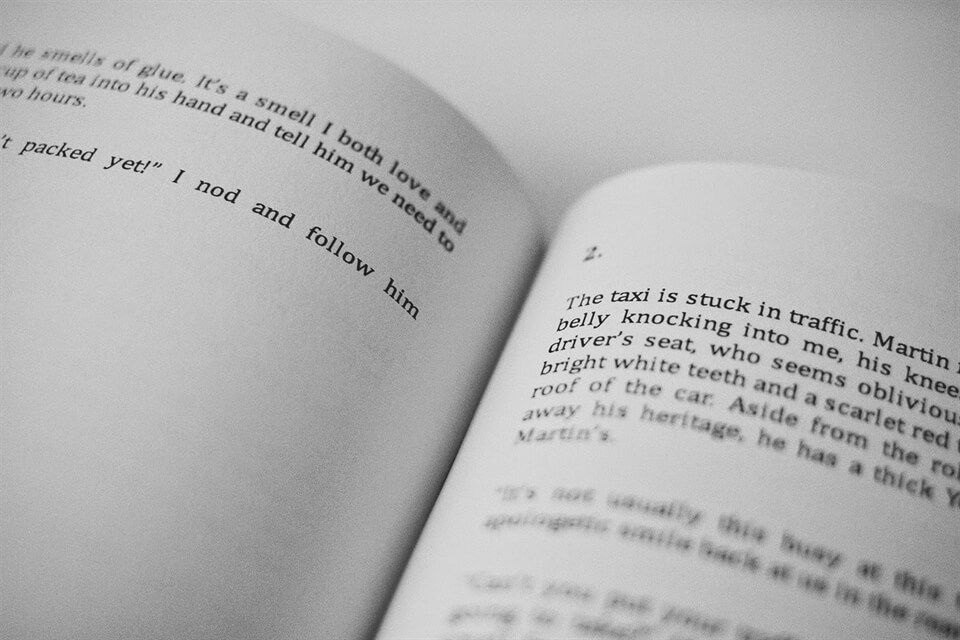 4. Reading = Success in business and life.
4. Reading = Success in business and life.
Google "Habits of successful people" and all five of the top results list "reading" as one of the things that these so-called successful people do.
This article also interestingly makes the point that you should read a lot because not many other people are doing it, i.e. you will stand out amongst the crowd just like these other successful people.
5. Reading is never wasted time.
In case my previous posts on productivity haven't proven this, I hate wasting my time. By changing the way I viewed reading - i.e. by seeing it as something that will improve my writing - I have been given a very precious gift. No matter where or when I'm reading, it's never a bad way to spend my time. It doesn't feel like work, it doesn't look like work, and in many ways using the noun "work" is all wrong in this context. Reading is one of the few things you can do to relax (which in itself is a good thing) while also boosting your brain and becoming a nicer, more potentially successful person who has an ever-growing list of new things to talk about.
So, how do you do it? How do you make reading something you do regularly, if that doesn't come naturally to you?
How to Read More
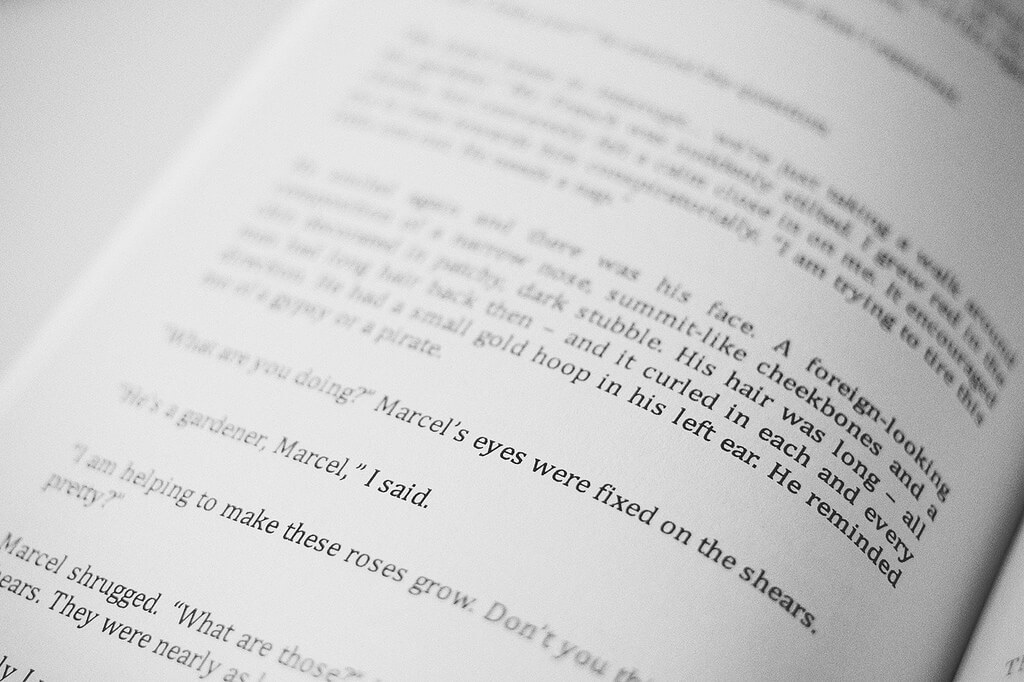 Honestly speaking, I'm still figuring out how to best fit reading into my life but here are six things that have definitely helped me get a lucky-for-me 13 books ahead of schedule with my reading challenge .
Honestly speaking, I'm still figuring out how to best fit reading into my life but here are six things that have definitely helped me get a lucky-for-me 13 books ahead of schedule with my reading challenge .
- Set aside ten minutes of your day just for reading. I do it when I'm eating breakfast in the morning. If you can't grab ten minutes of your day to yourself, then set your alarm ten minutes earlier or go to bed ten minutes later; it's only ten minutes! You'd be surprised how much you can read in ten minutes. (The average person reads approximately 300 words in one minute, so in ten minutes that's 3000 words, which is the length of a short story or the chapter of a novel. That means you can read a 120,000 word novel in a month just by reading ten minutes every day. The chances are you may even read faster than this.)
- Don't be afraid to have more than one book on the go at any one time. Variety is the spice of life. I normally have two books on the go and like to overlap so I never have the whole "What do I read next?" dilemma. Give your memory a really, sweaty, stimulating workout.
- Carry a book or your Kindle with you everywhere. And make sure you have the Kindle app on your phone. Don't give yourself an excuse not too read when you have five minutes to spare Read when you're waiting for anything and everything. Don't go on Facebook or check the News' headlines. READ.
- Document your progress. On Goodreads, on your blog, by email with a friend or in a notebook that only you will read. Looking back on what you've read and the books you've enjoyed will encourage you to keep up a good pace.
- If you don't like a book, move on. Life is far too short to read books you don't enjoy. (I've already moved two books to the unfinished shelf this year and I will happily do it again now I know that leaves room for a book I'll fall in love with.)
- Try audio books. I've been listening to a few short stories on this website and I can easily see how much quicker and easier it may be to read books by going audio.
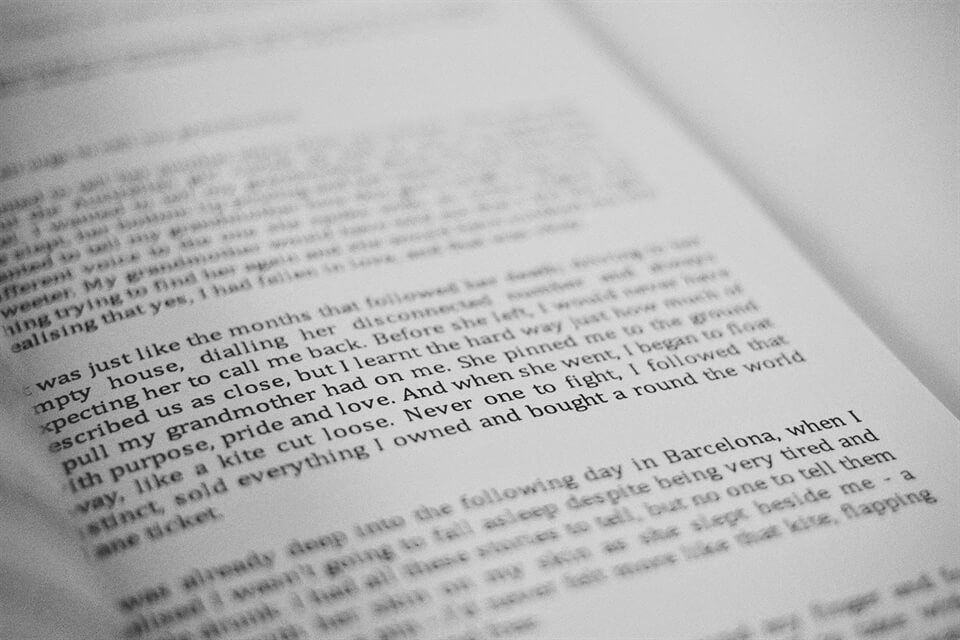
And if you want more inspiration, I found the following articles really interesting:
Some book recommendations from Bill Gates .
Some really great tips here in How to read a book a week
Tim Ferris's blog shares You are what you read: 14 Thought leaders share their bookshelves.
Why Leaders must be Readers is a business-focused article with good tips for reading more.
And I really liked the first two thirds of Why you should read like a teenager again.
If you'd like to save or share this post, here's an image you can pin:
-pin-image_x960.jpg?v=1) P.S. Photos are of pages from my own book, Shy Feet available as paperback and ebook (and is currently reduced on Amazon!).
P.S. Photos are of pages from my own book, Shy Feet available as paperback and ebook (and is currently reduced on Amazon!).
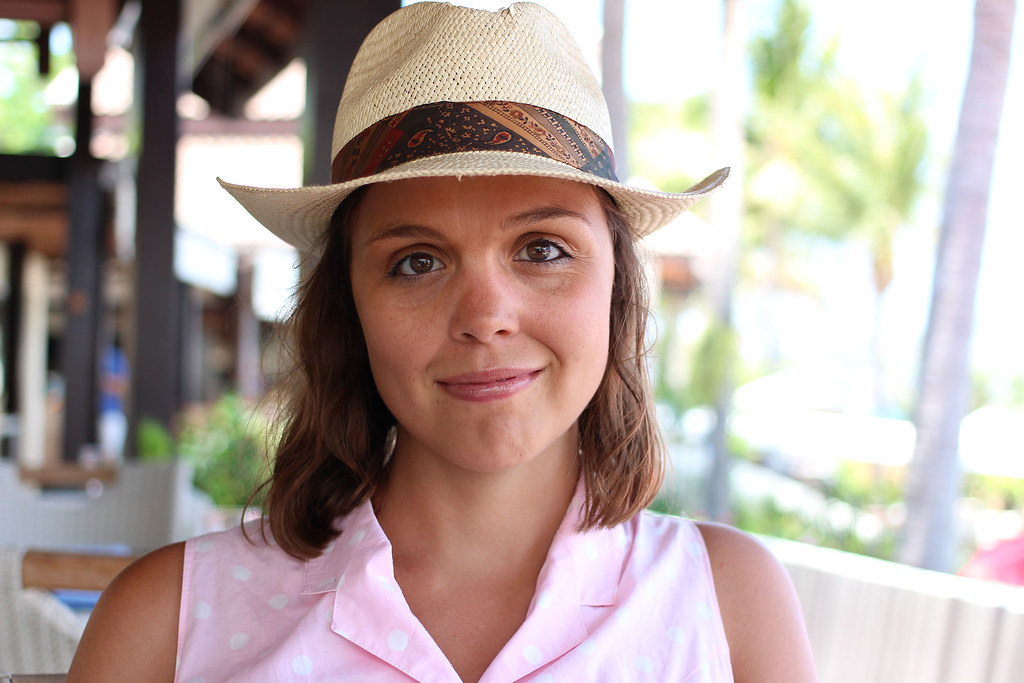
Frances M. Thompson
Find Frankie on Facebook, Twitter, Instagram, Pinterest, and Google+.
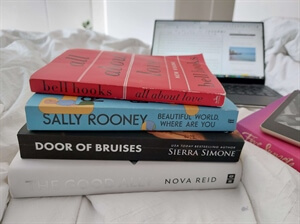 Book Reviews: Mid-Year Book Report 2022
Book Reviews: Mid-Year Book Report 2022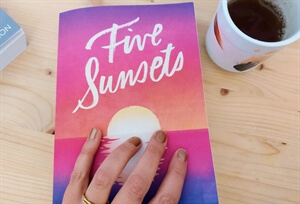 My Thoughts: The Life-Enhancing Joy of Romance Novels
My Thoughts: The Life-Enhancing Joy of Romance Novels My Thoughts: 21 Things That Helped Me in 2021
My Thoughts: 21 Things That Helped Me in 2021 Self-Care: Lockdown Self-Care That is Helping Me Right Now
Self-Care: Lockdown Self-Care That is Helping Me Right Now My Thoughts: 21 New Year's Hopes for 2021
My Thoughts: 21 New Year's Hopes for 2021 About the Blog & Frankie
About the Blog & Frankie Welcome to My Amsterdam Travel Blog!
Welcome to My Amsterdam Travel Blog! Welcome to My Luxury Family Travel Blog!
Welcome to My Luxury Family Travel Blog! Welcome to My Writing Blog!
Welcome to My Writing Blog! Lover Mother Other: Poems - Out Now!
Lover Mother Other: Poems - Out Now! I Write Stories That Move You
I Write Stories That Move You Order WriteNOW Cards - Affirmation Cards for Writers
Order WriteNOW Cards - Affirmation Cards for Writers Work With Me
Work With Me